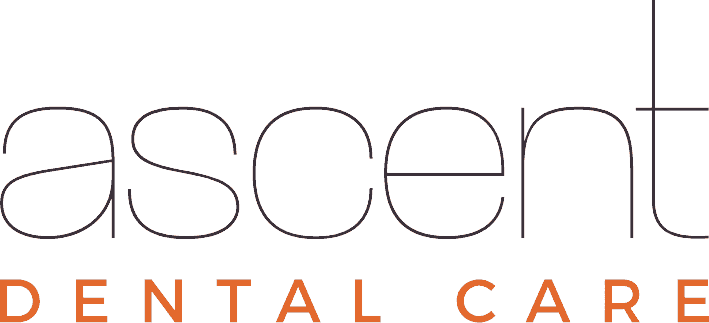How to Avoid Gum Disease
Gingivitis, also known simply as inflammation of the gums, is an issue the majority of adults will face during their lifetime; it’s also a highly common initial symptom of periodontal disease and major cause of tooth loss within adults. For this reason, it’s important that action is taken as to lower the chances of developing gum disease, aiming to avoid the issue all together. Below, we’ve compiled a list of small changes that can be made to dramatically decrease the chances of facing gum disease, assisting in the maintenance of healthy teeth and gums.
Brush your Teeth
This first tip, while it may come across as extremely obvious, is one commonly overlooked by the majority of us. However, ensuring that you brush your teeth at least twice a day is one of the most effective ways to avoid facing gum disease. As gingivitis, caused by a build-up of plaque and tartar on the surface of the teeth, can lead to periodontitis if left untreated, brushing your teeth and flossing to remove excess food molecules between meals is a great, and effective, way to lower your chances of developing these issues. Allocate yourself around 3-5 minutes a few times a day in which you can practice good dental hygiene as to promote a healthy smile.
Replace your Toothbrush Regularly
Switching out your toothbrush at least every three months can be considered to play a vital role in the maintenance of teeth and gums, helping in the reduction of overall levels of bacteria and the promotion good dental hygiene. The use of an older toothbrush is known to assist in the development of plaque build-up on the surface of the teeth as brush bristles become frayed over longer periods of time, making them unable to properly clean the areas between teeth as well as surface plaque. In the majority of cases, excess plaque is known to lead to the formation of cavities, as well severe inflammation and irritation if not removed from the gum line. This is an issue known to result in gingivitis and thus gum disease, making it highly important that you aim to replace your toothbrush on a regular basis.
Increase your Calcium Intake
Gingivitis is a symptom often associated with the development of Periodontal Osteoporosis. Similarly to how to bones throughout the rest of your body can deteriorate and become brittle overtime, so can the bones in your jaw. Of course, it is common knowledge that your bones can be strengthened through regular exercise and by avoiding smoking; however, your calcium intake is also known to play a great role in the health and strength of your bones. By aiming to consume, at a minimum, around 800 milligrams of calcium per day, chances in the development of periodontal disease can be dramatically reduced.
Calcium works to strengthen the bones in your jaw that hold teeth in place, making the intake of such vital when aiming to avoid tooth loss. Various dairy products can be the best source of dietary calcium, however, the mineral can also be found in almonds, leafy green vegetables such as broccoli and kale, and salmon.
Despite calcium being great for the strengthening of the jaw, the intake of such won’t cause, or reduce the risks of, Gingivitis if you find yourself already suffering from the issue. If this occurs, it is important that you see your local emergency dentist as soon as you can.
To conclude, there are many precautions that can be taken as to better avoid the risks involved in the development of gum disease, assisting in the upkeep of great dental hygiene and a healthier smile overall.
If you feel you may be suffering from Gingivitis, get in touch with Ascent Dental Care Malvern to discover how we can help to resolve this issue.
Alternatively, visit our dedicated Periodontal Disease page to find out more.
